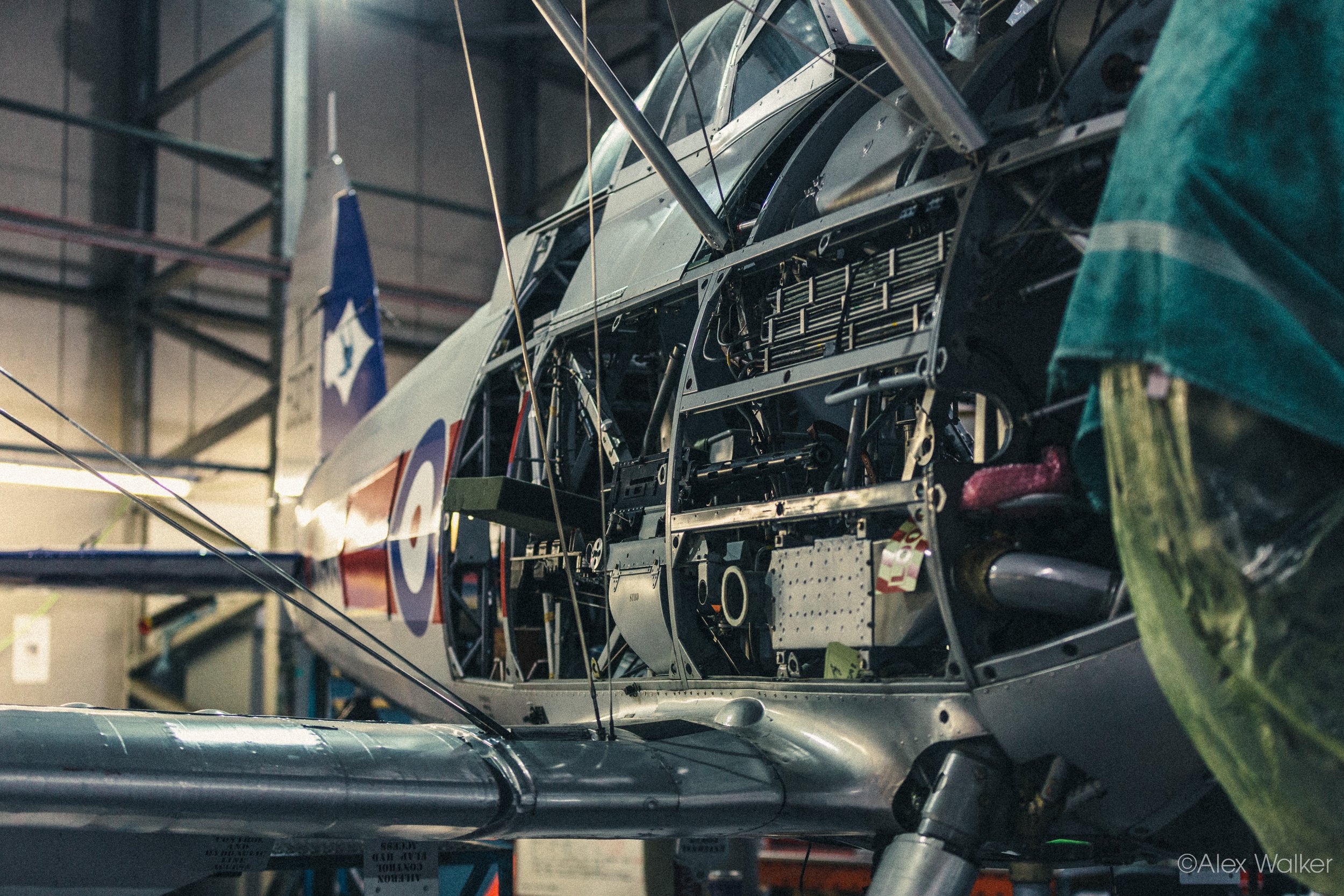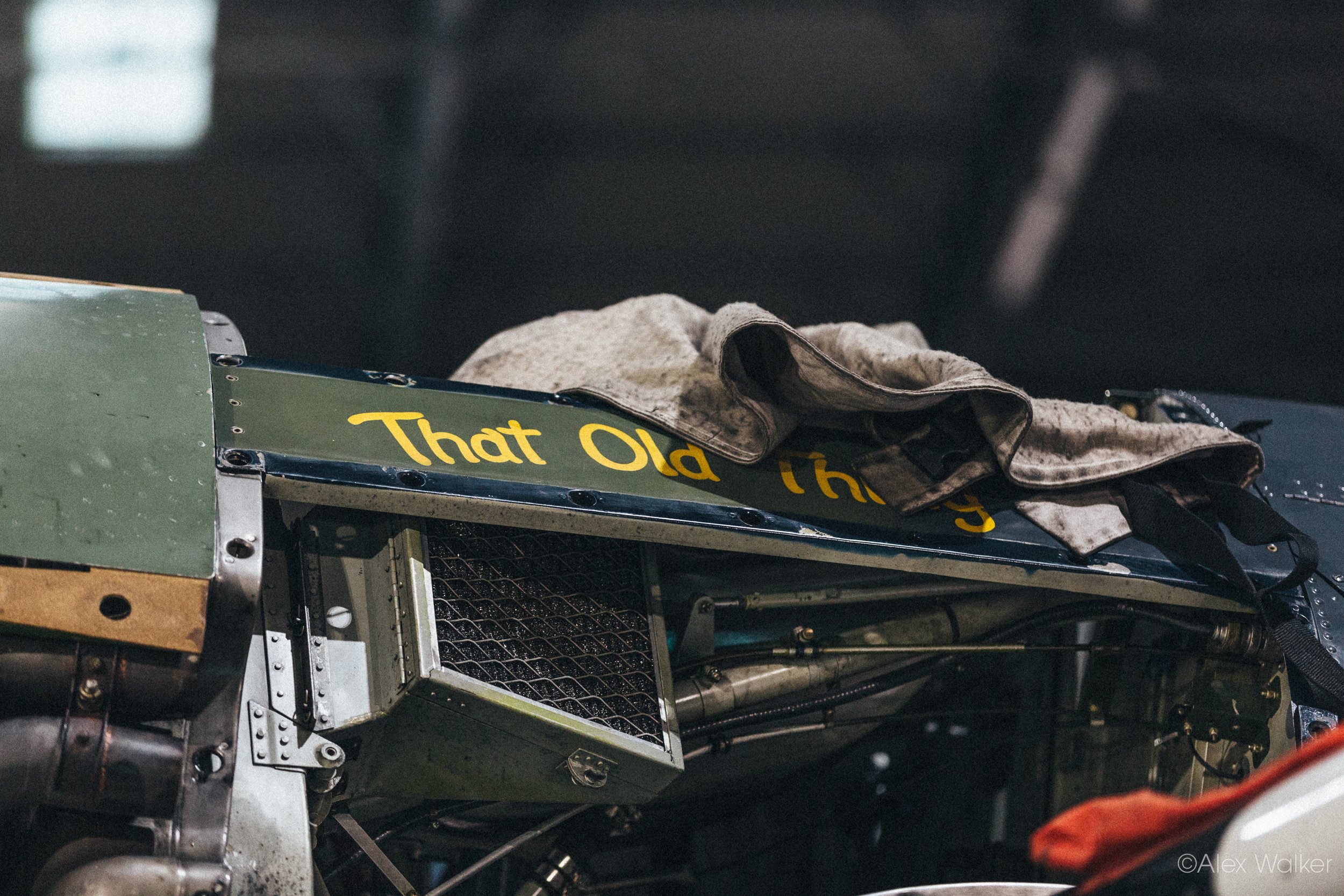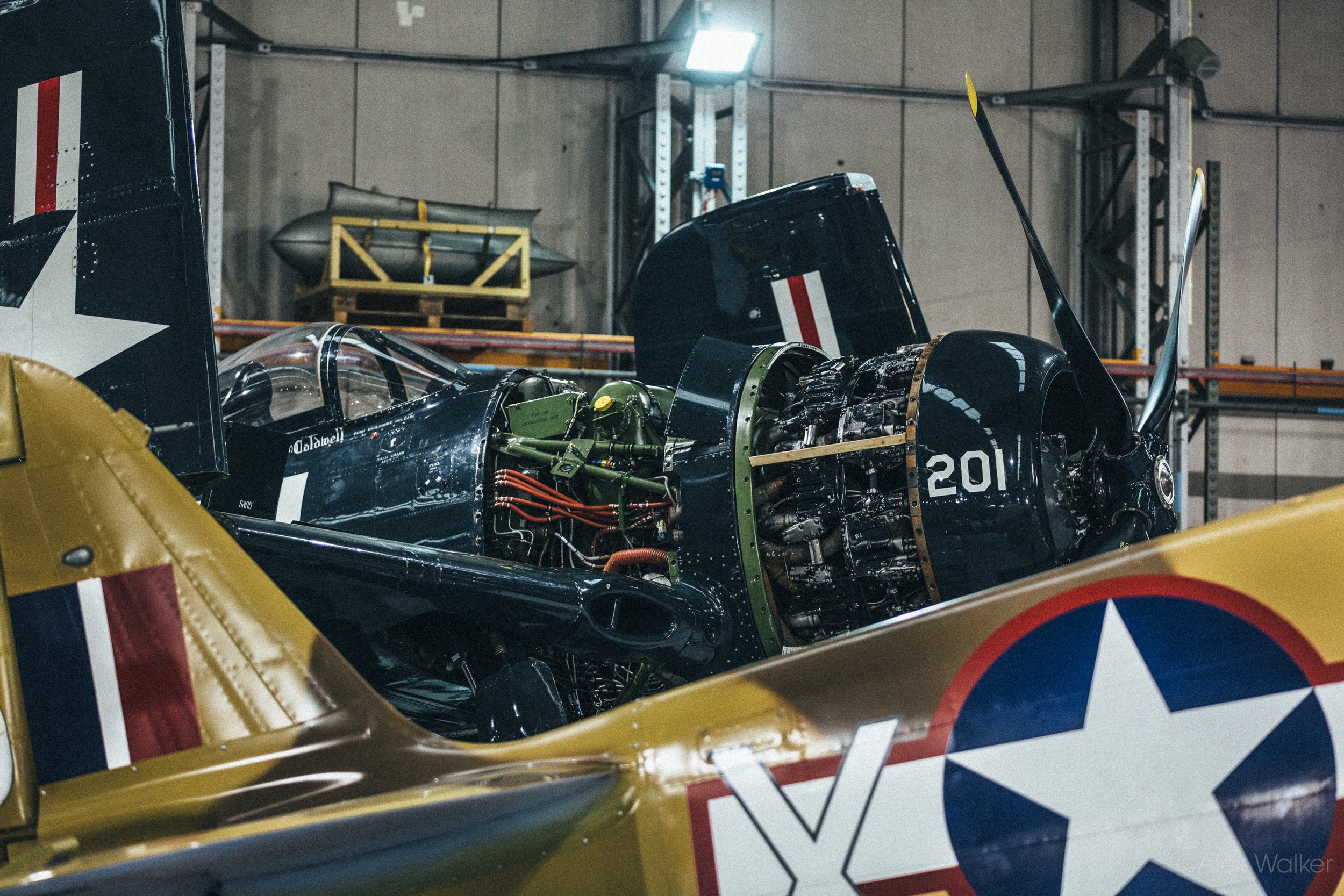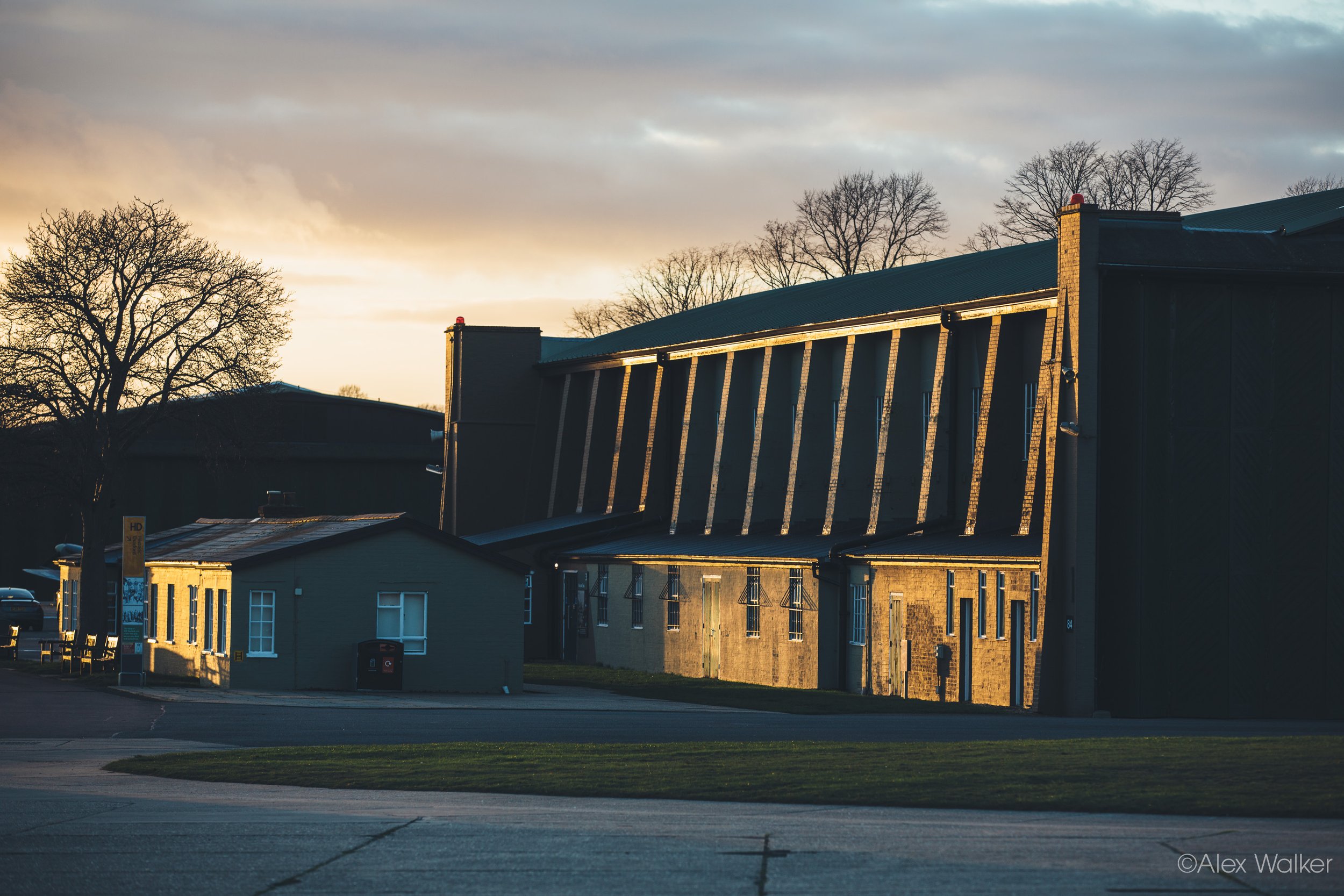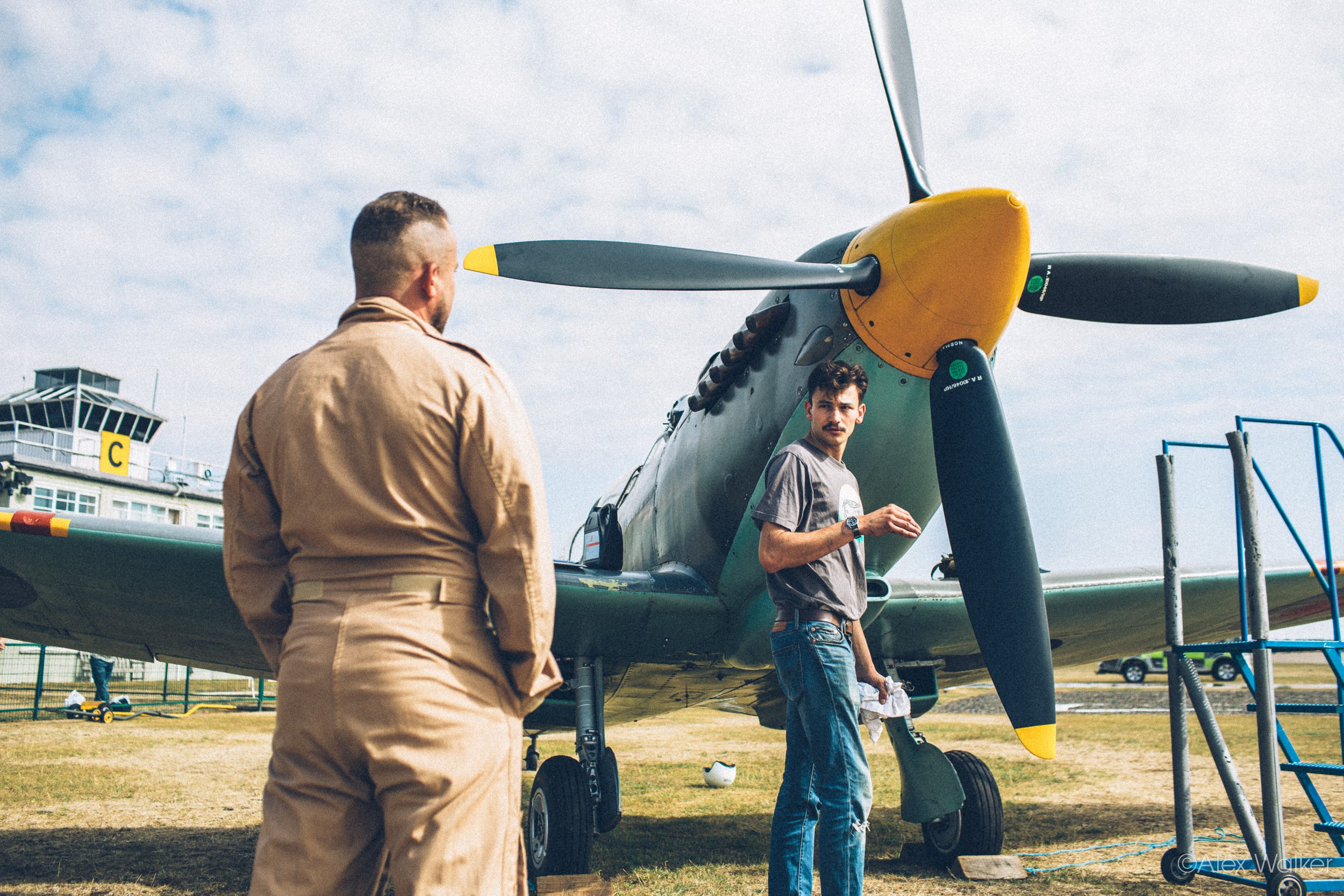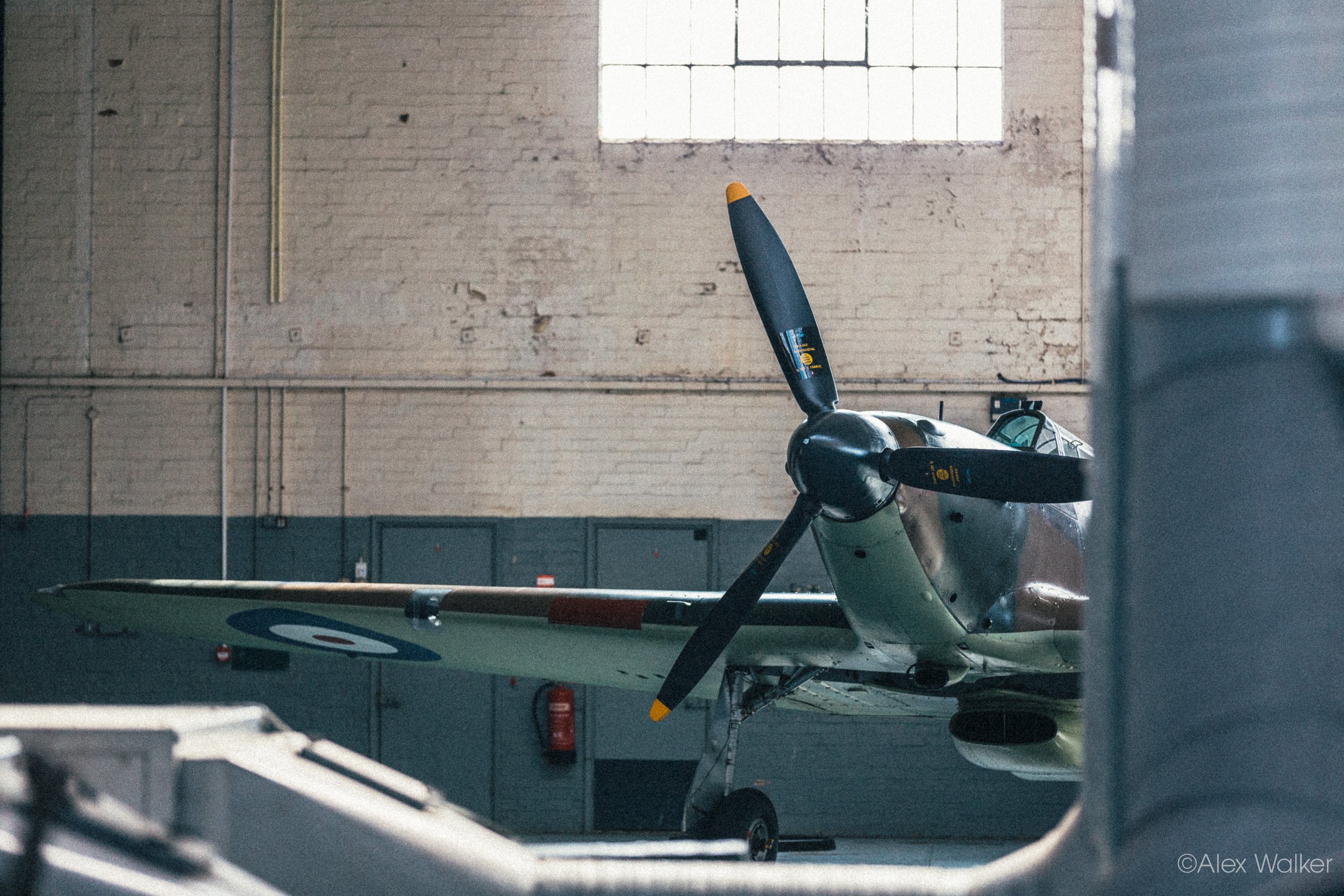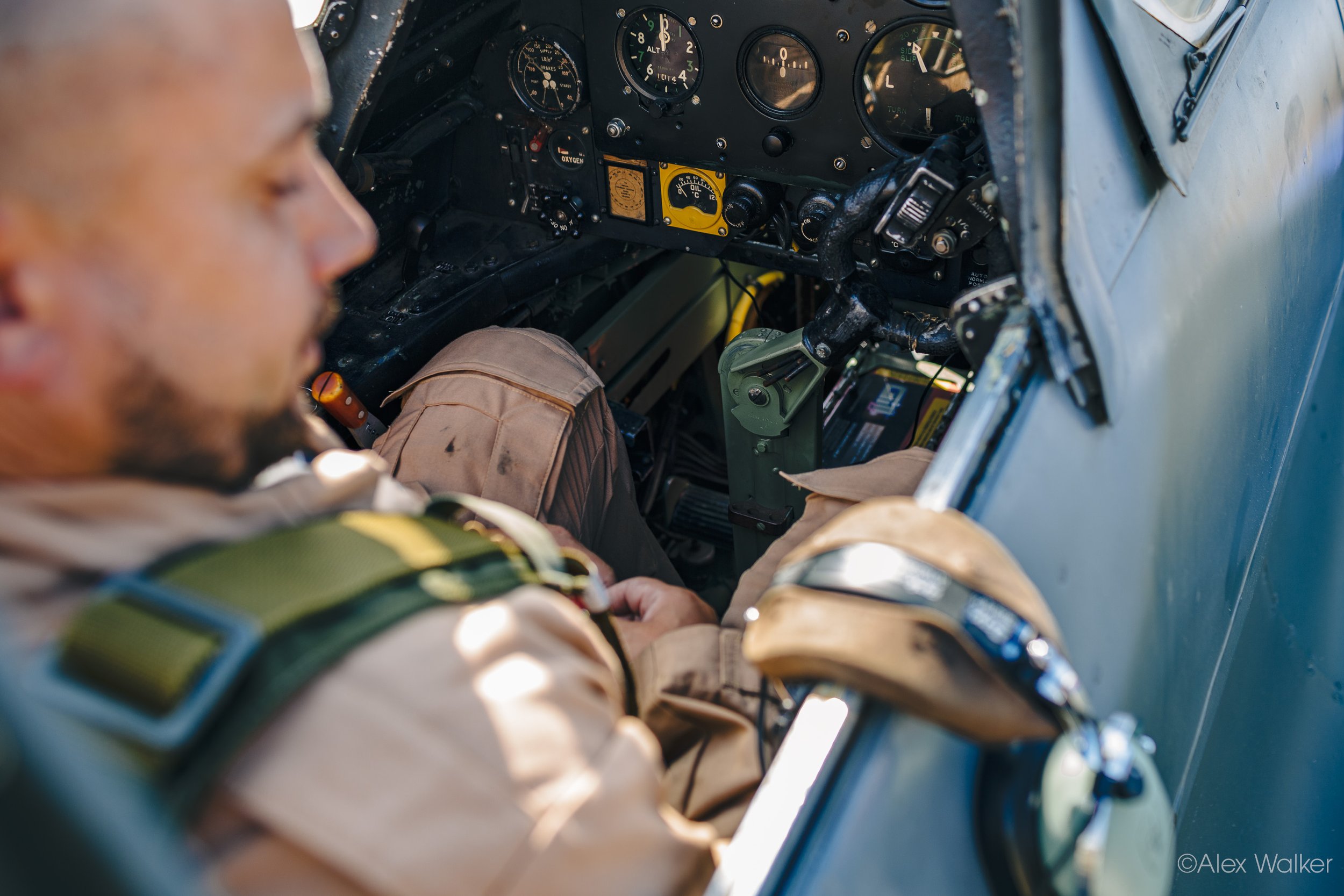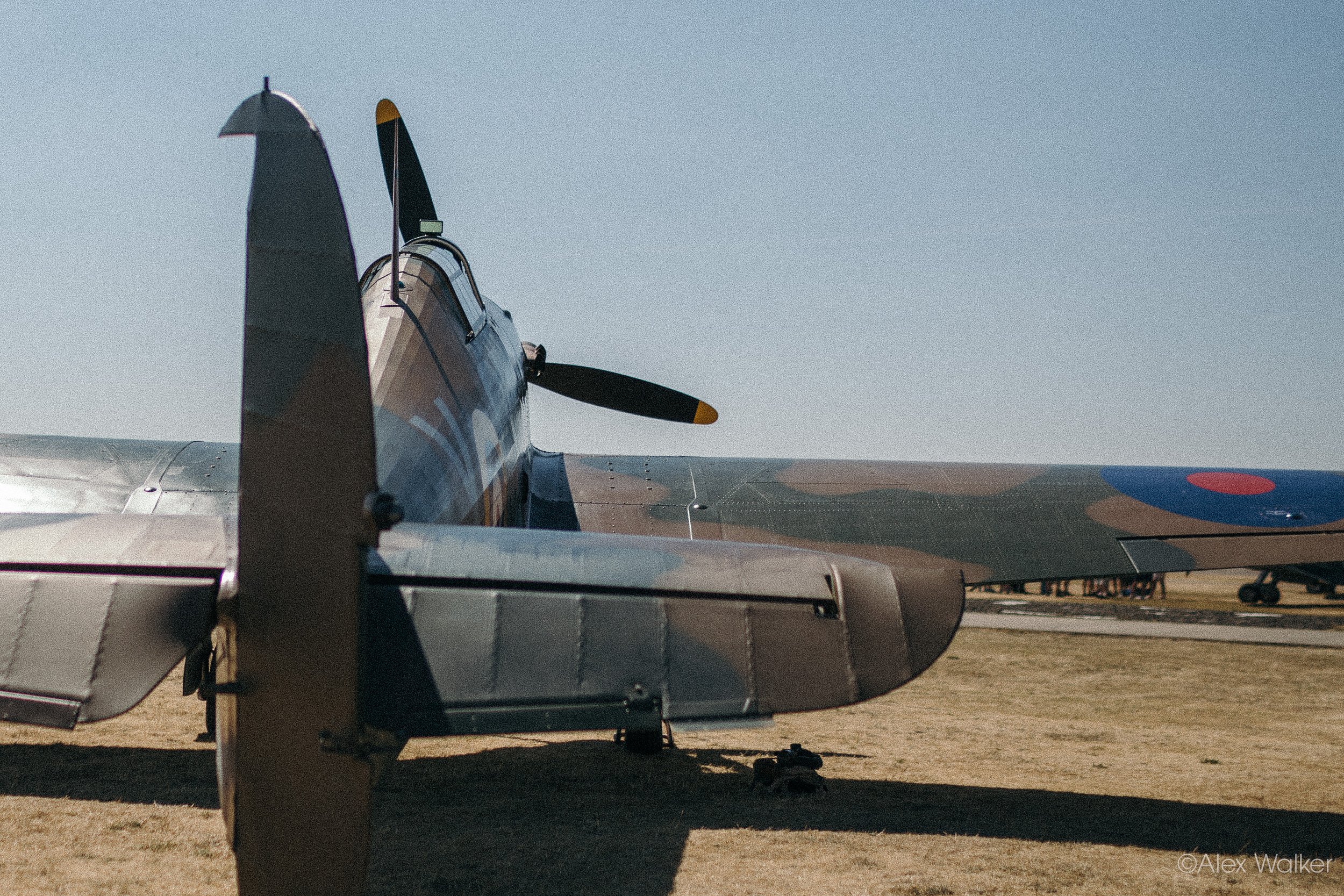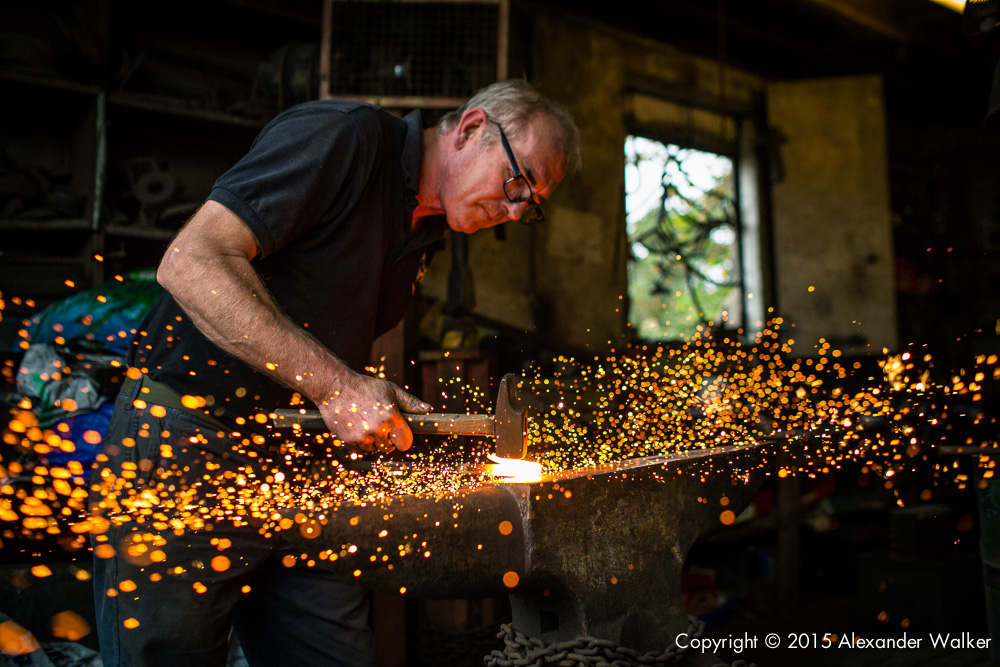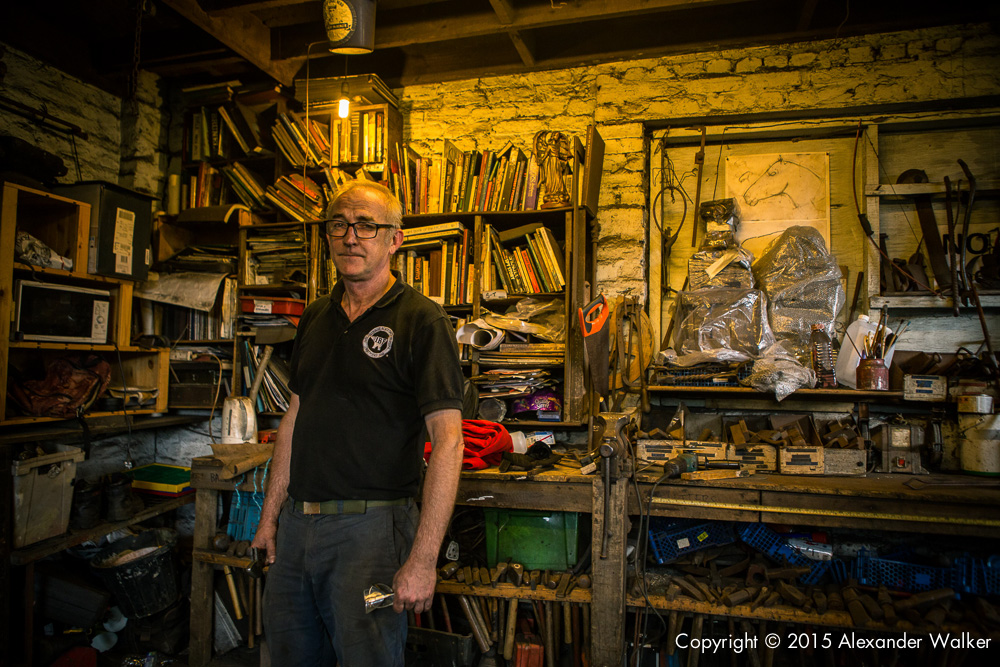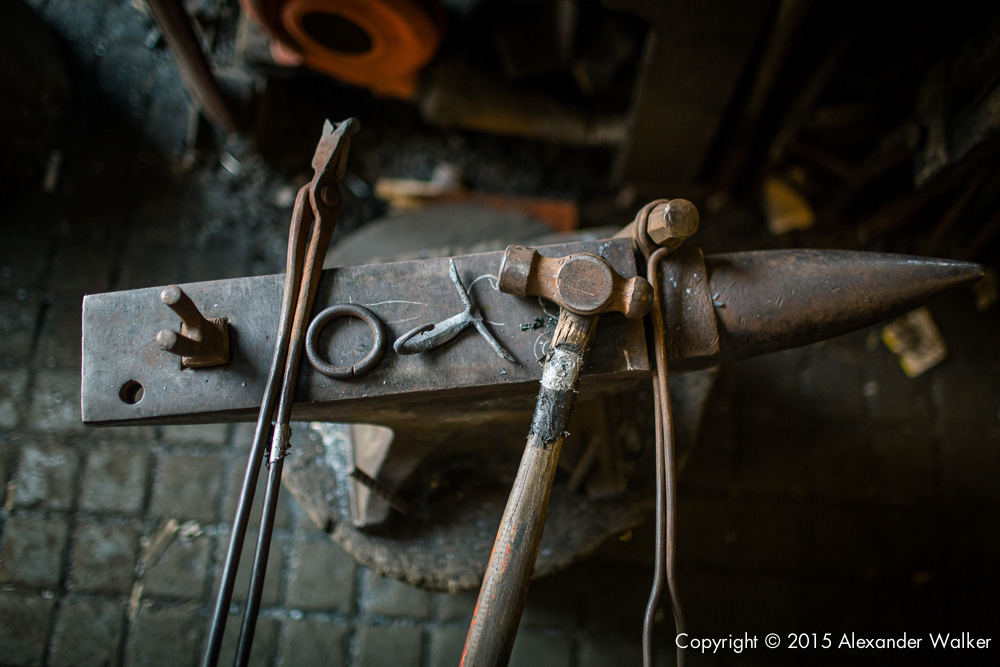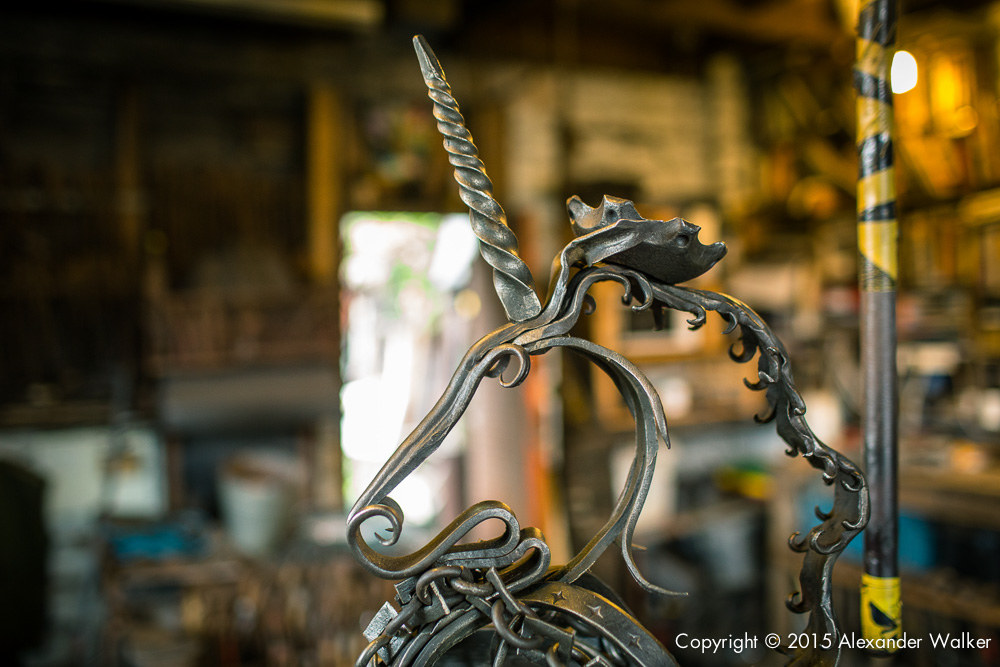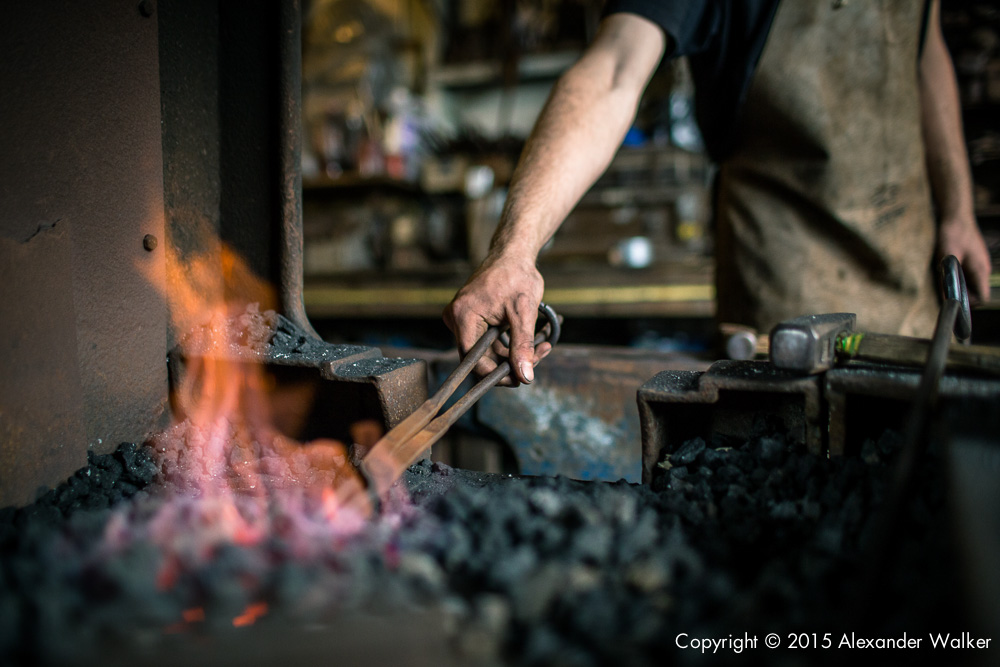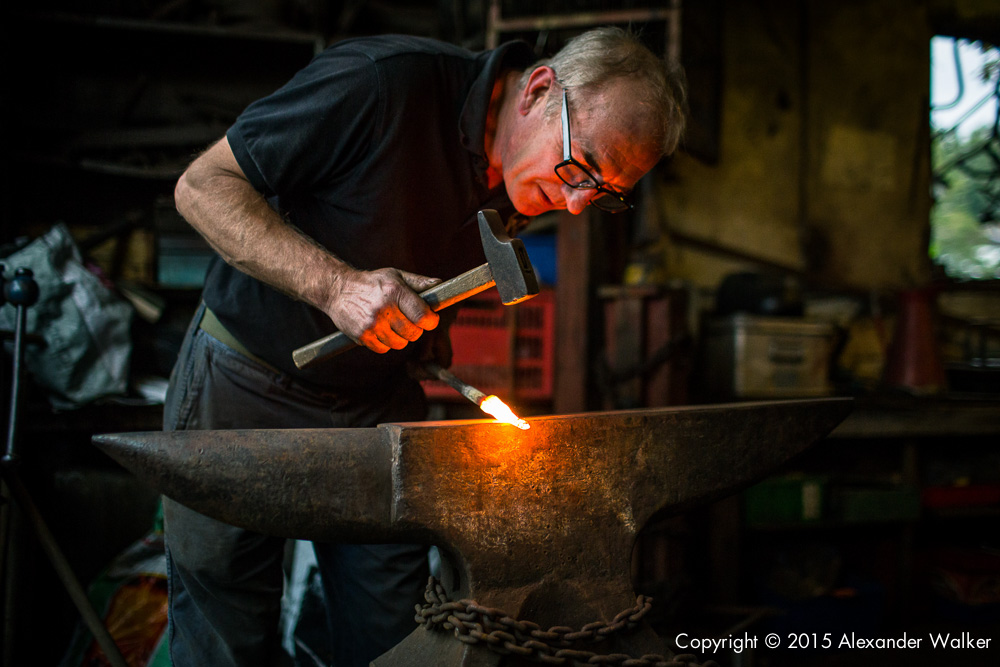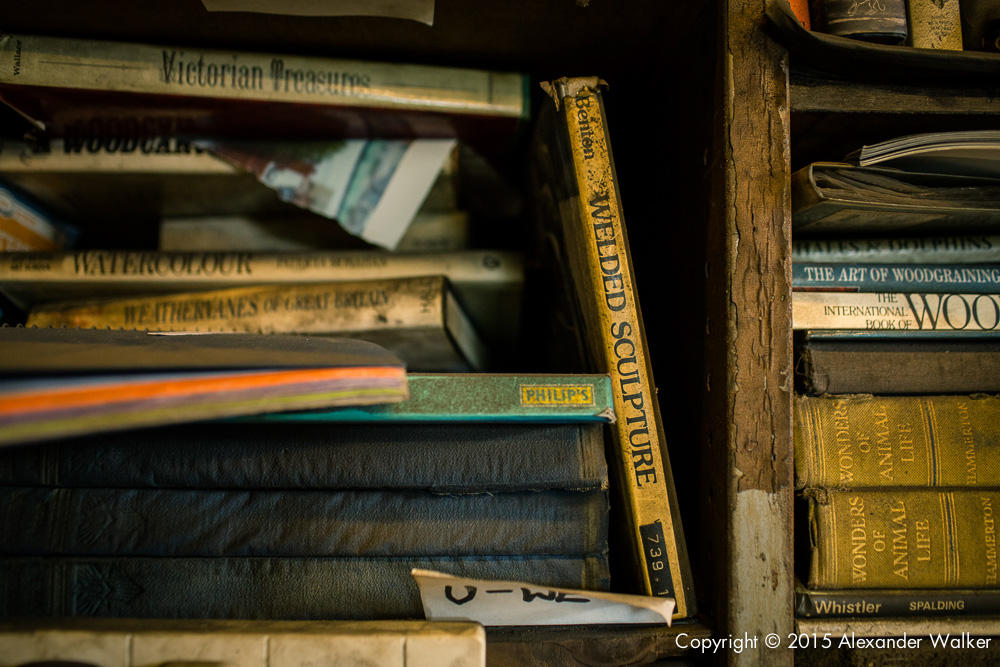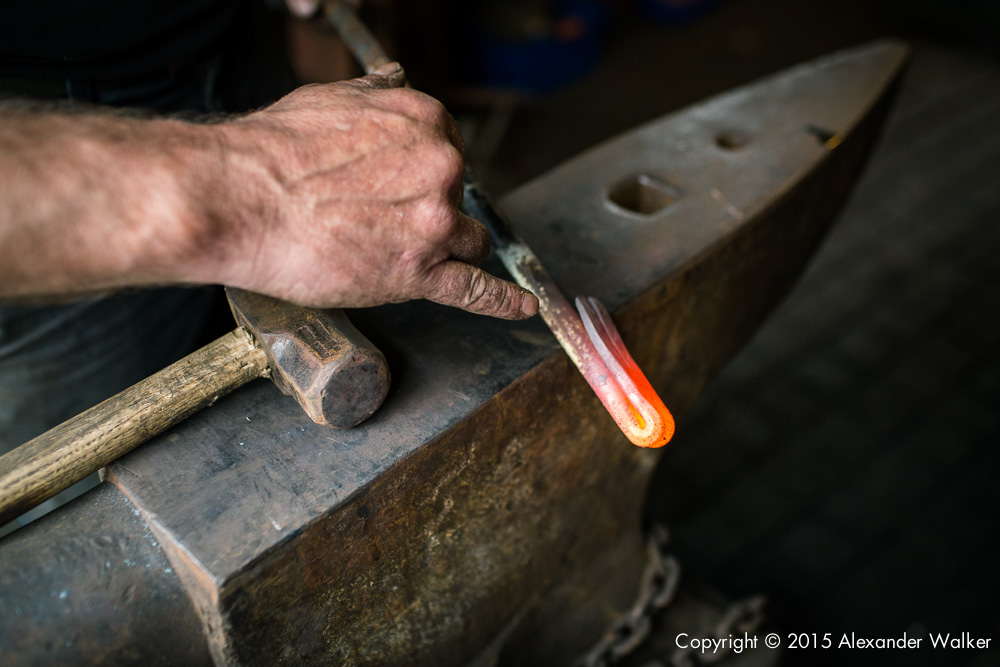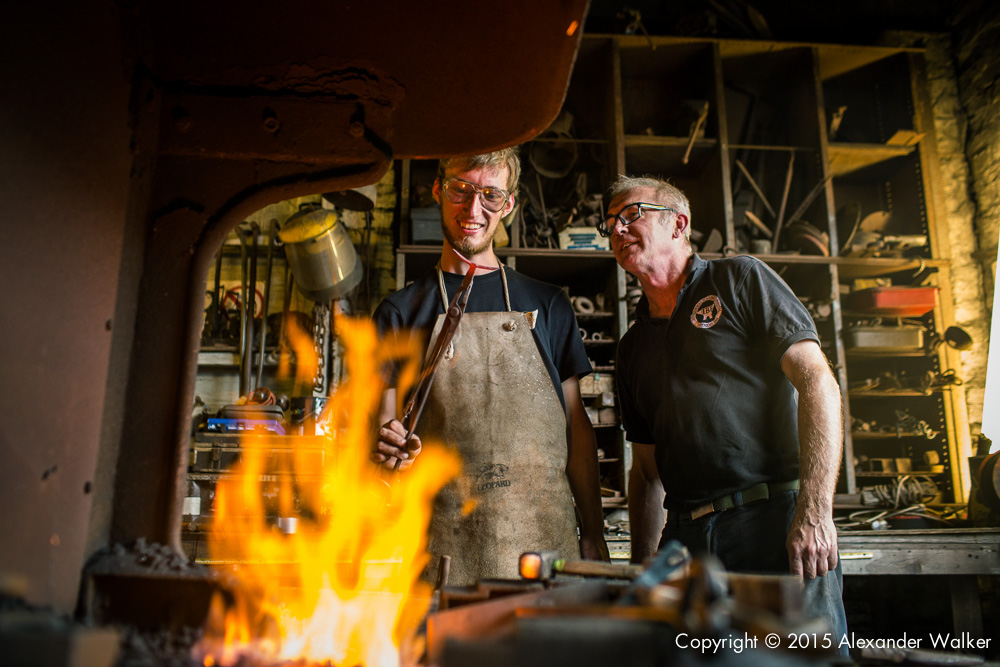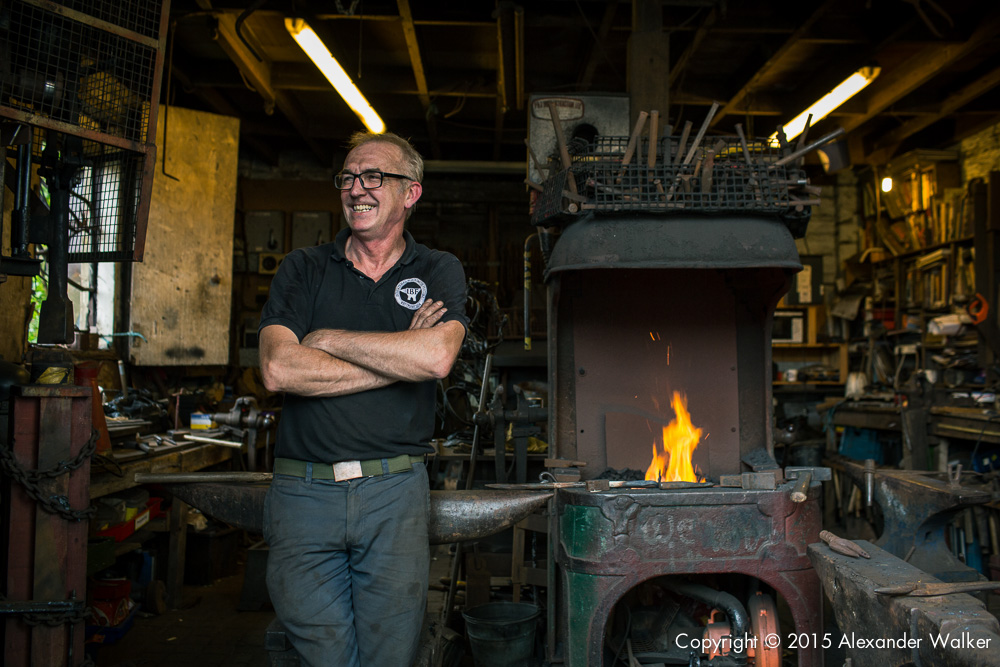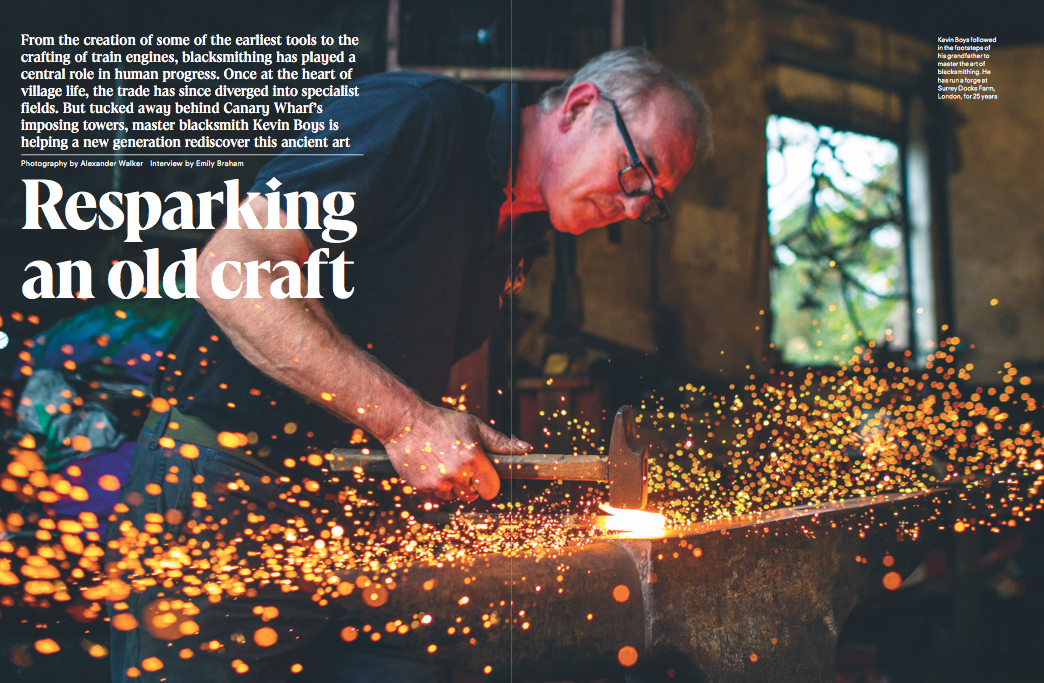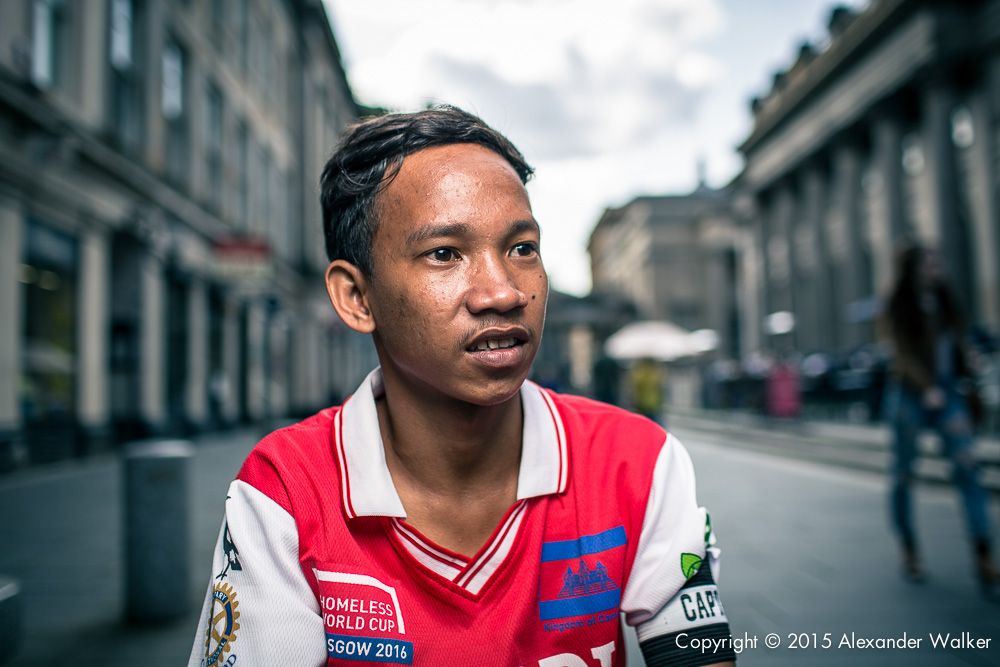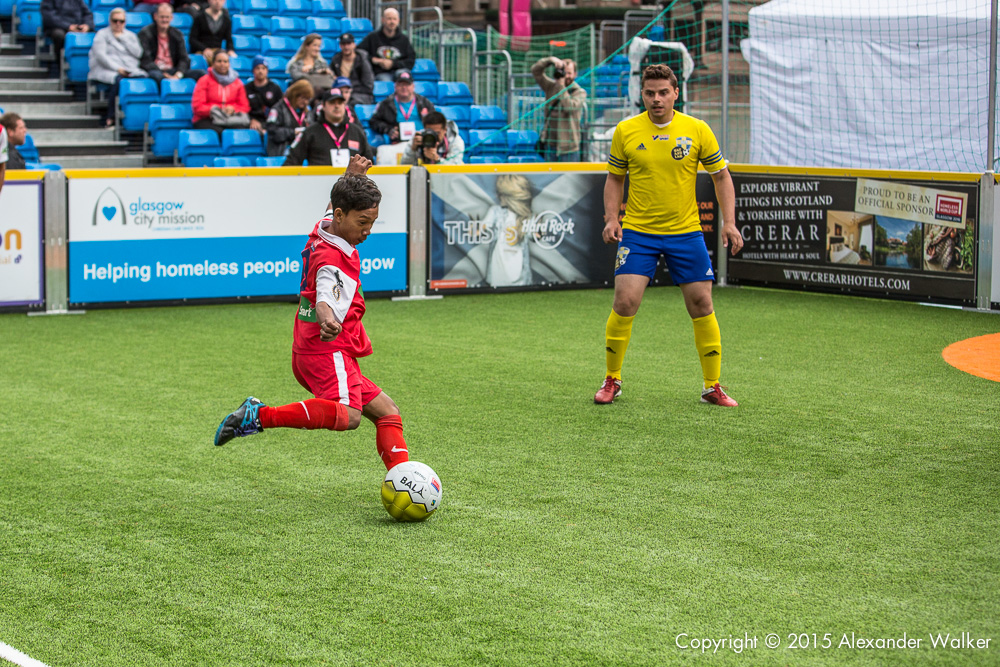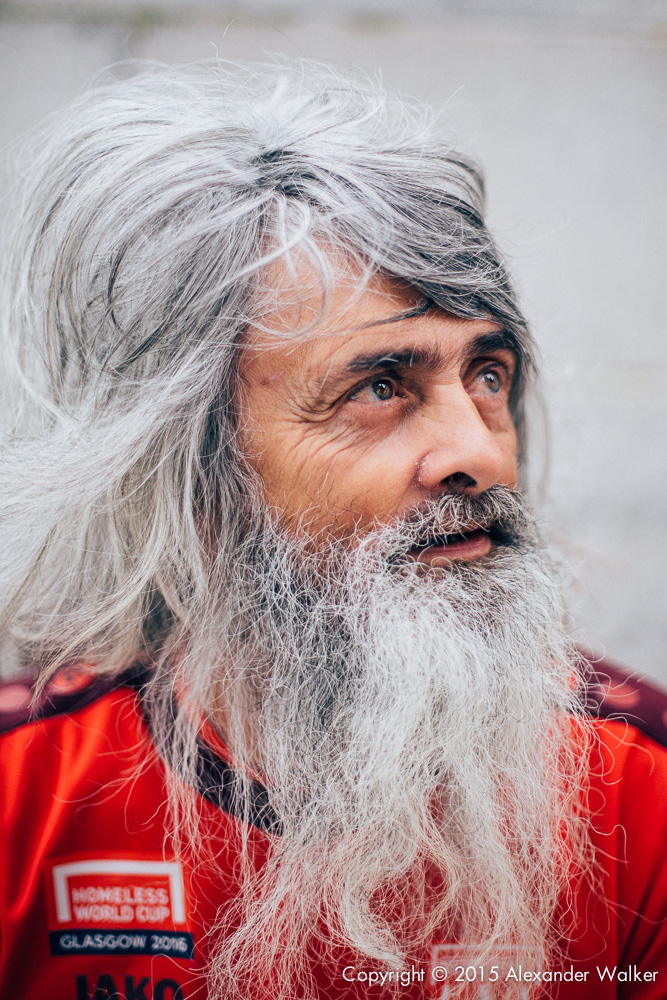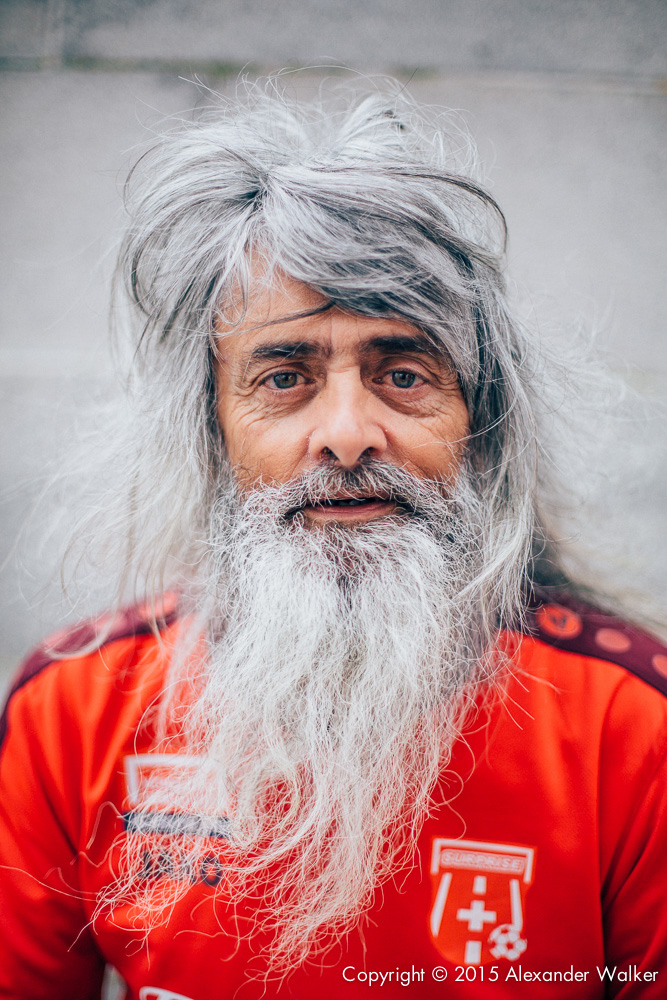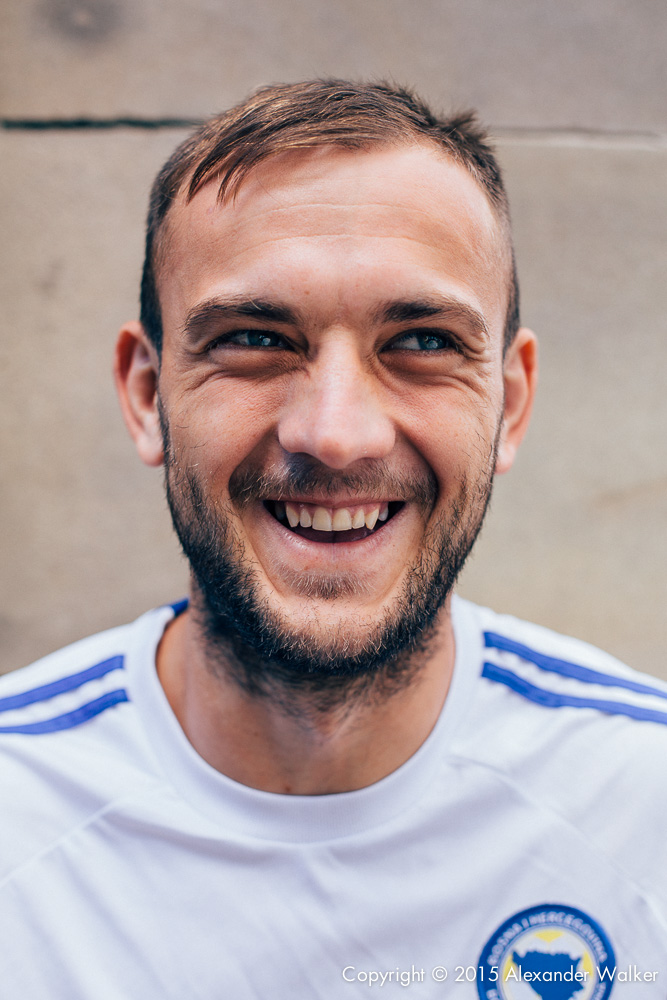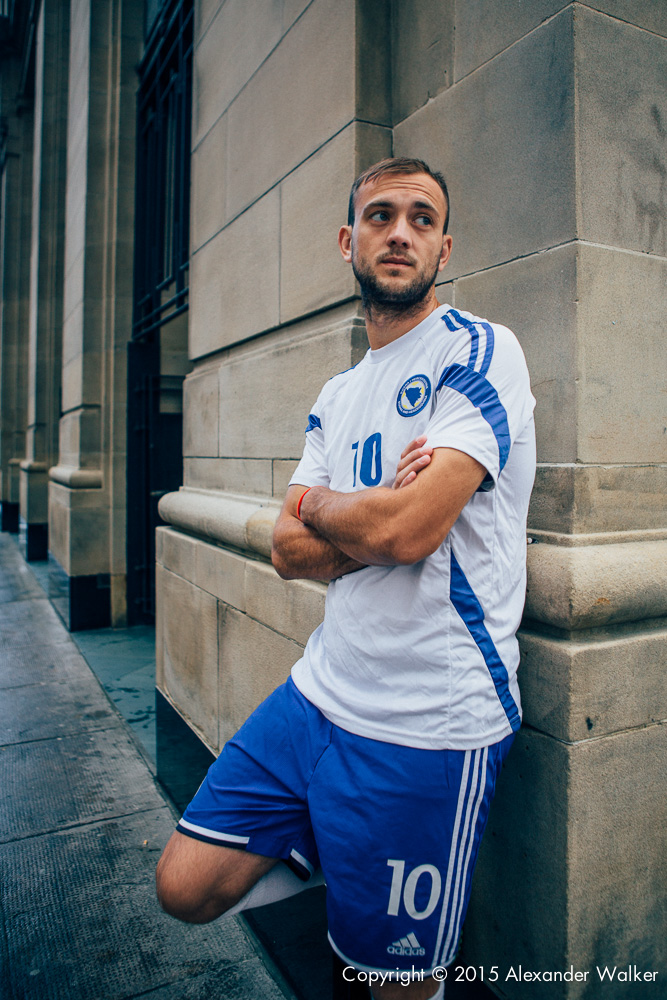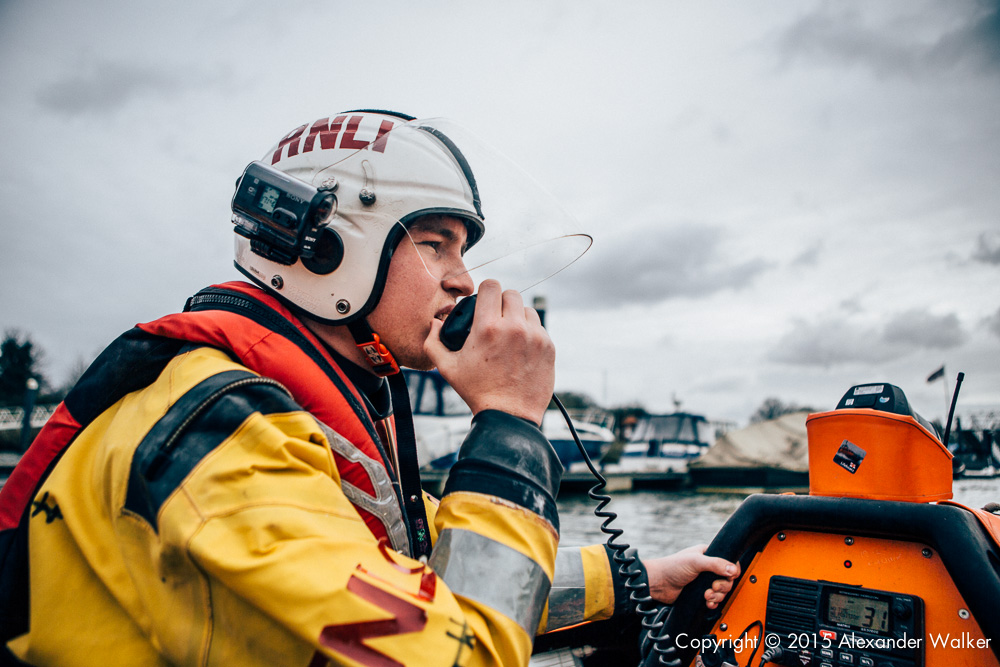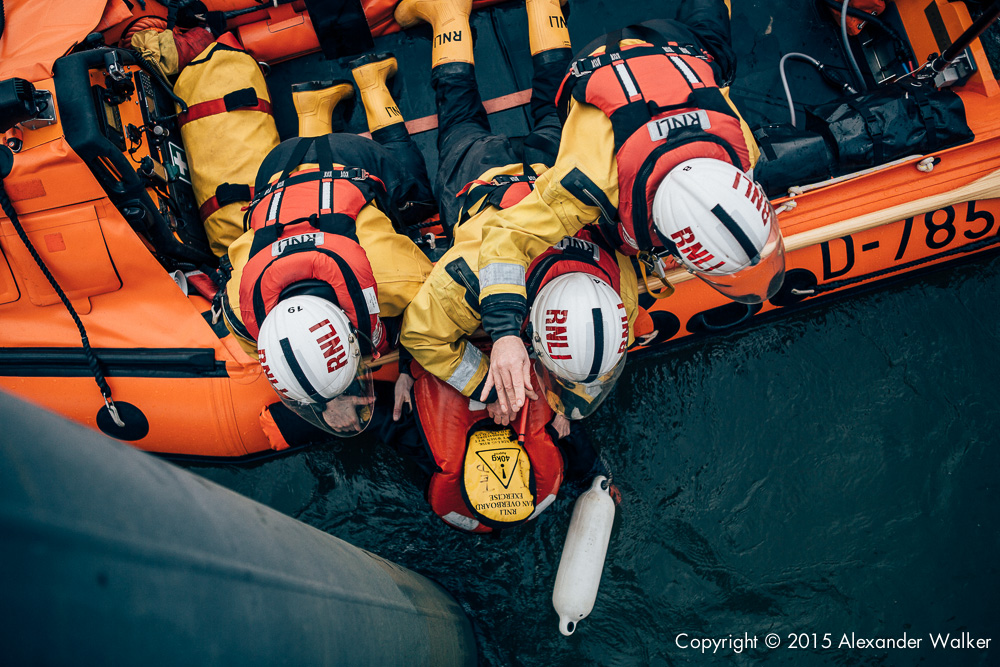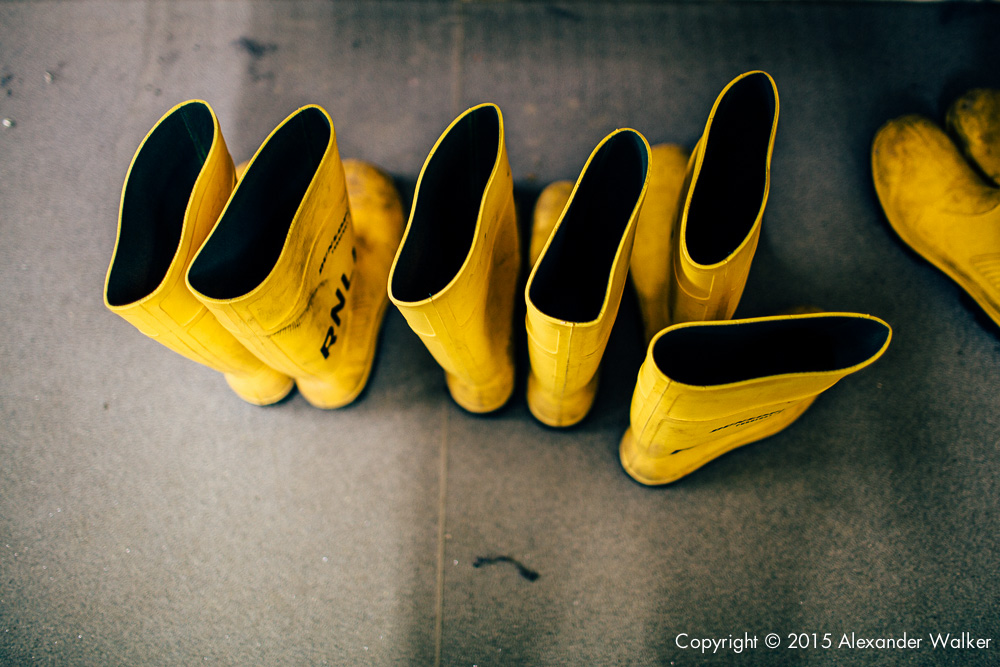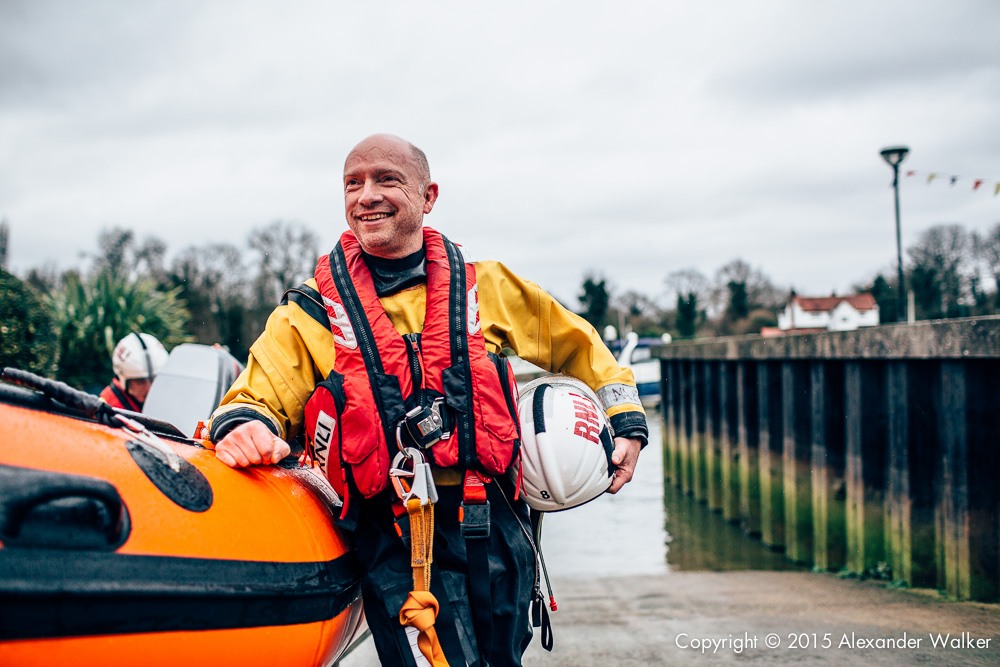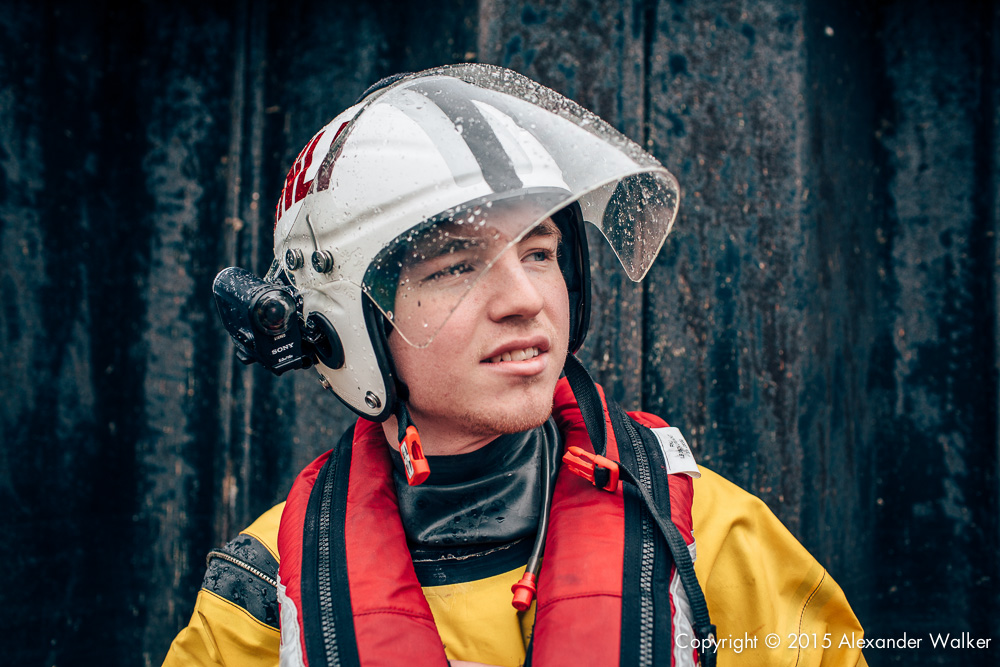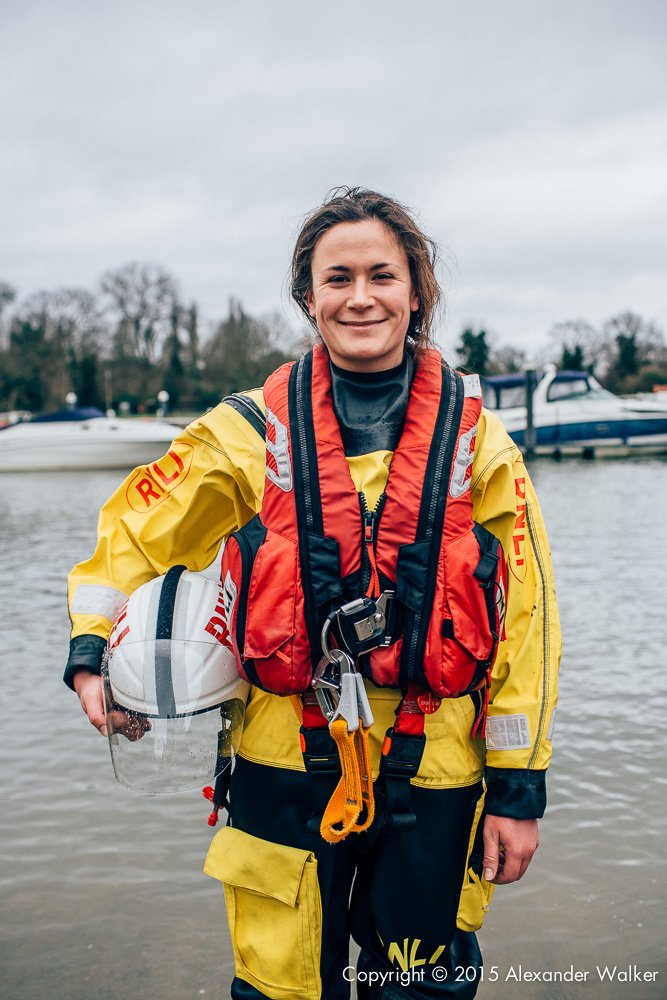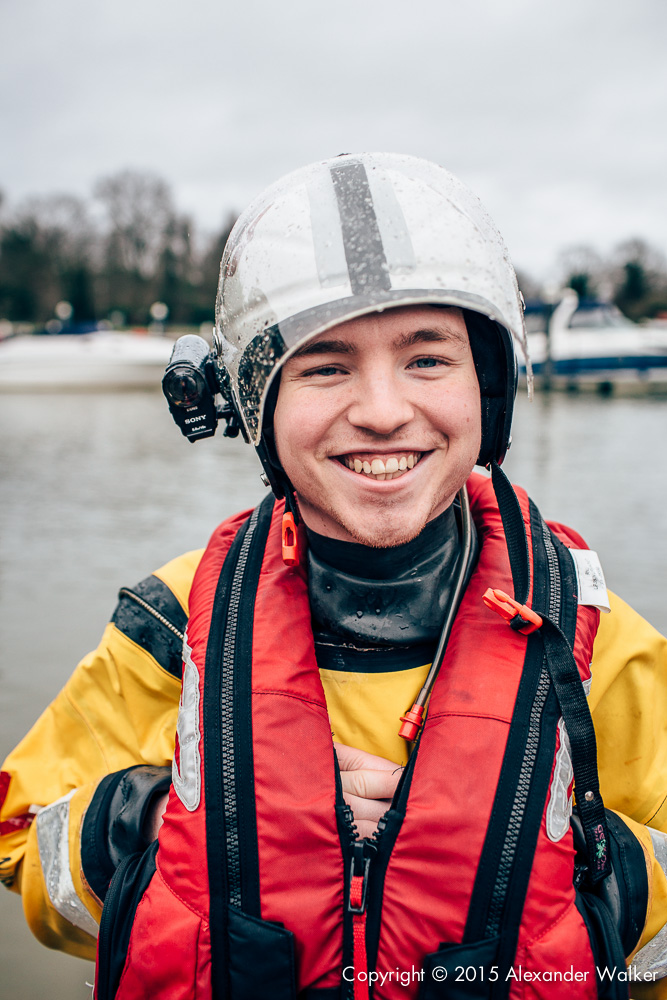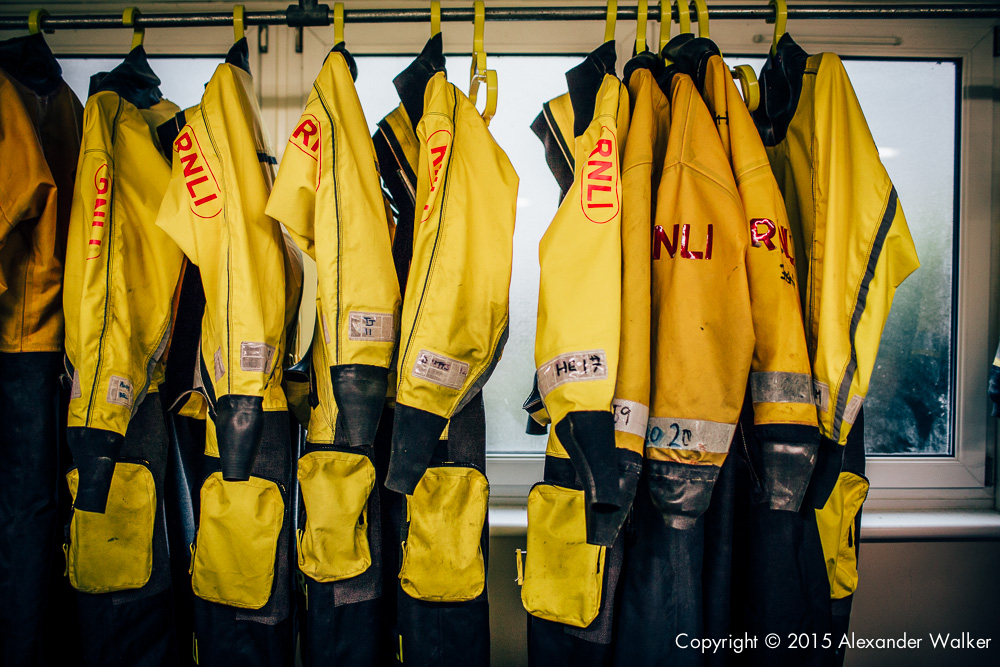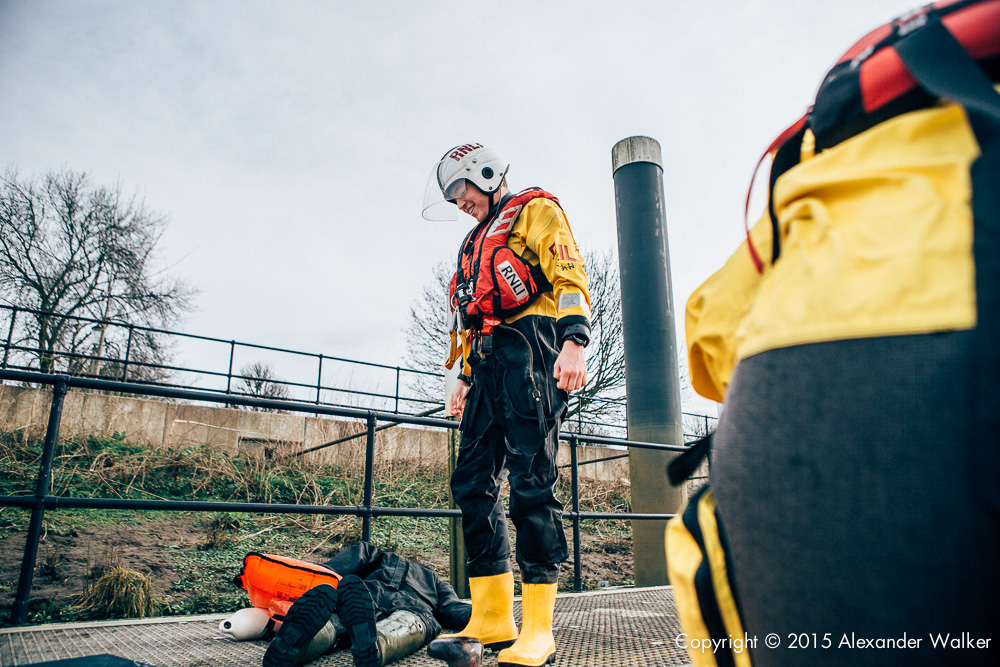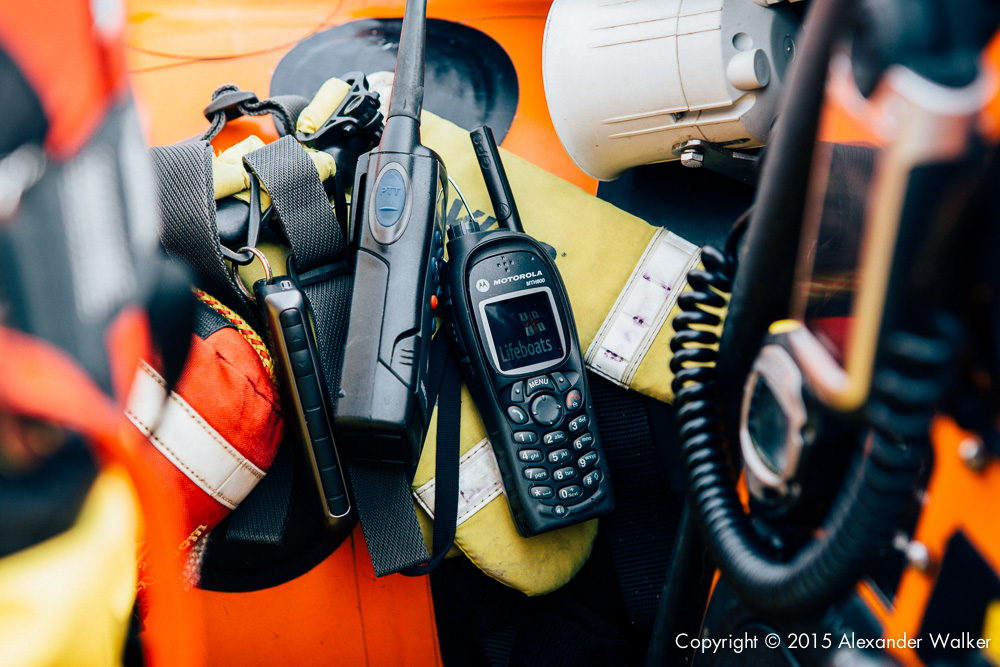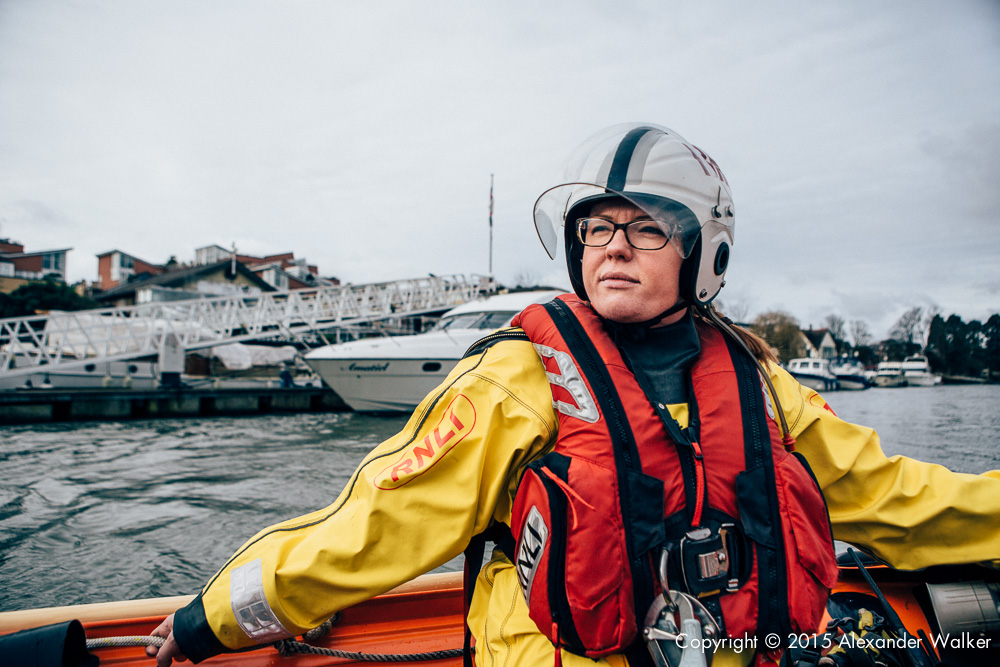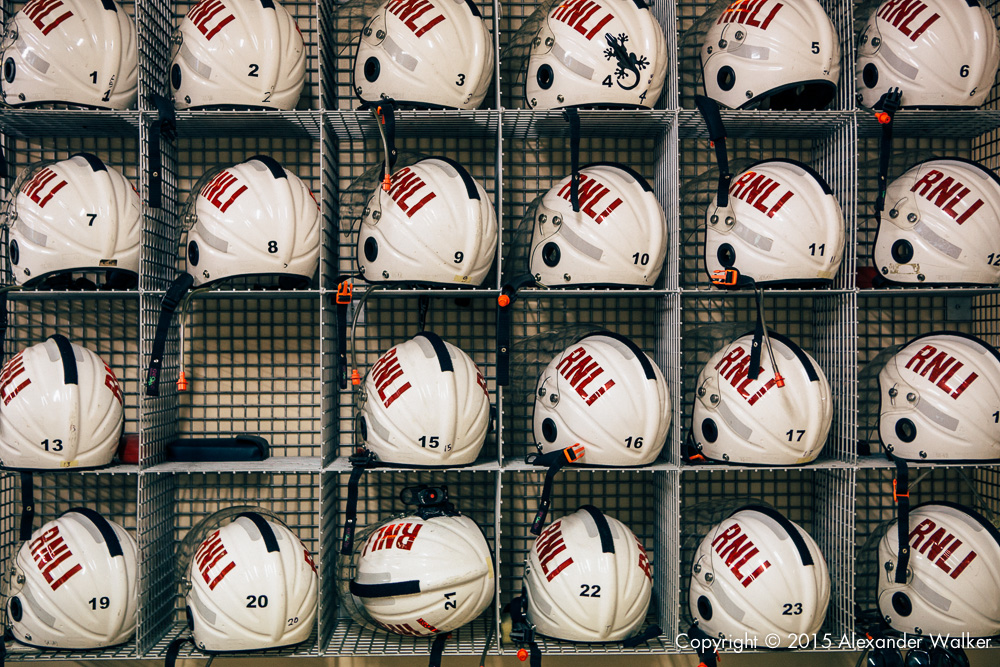For Chile captain Debora Gonzalez, her participation in the Homeless World Cup means a sense of pride for the Gonzalez family in the San Bernardo area of her native country.
Married with a family, her husband – who encouraged her to take up football – and two young children are tuning in on the other side of the globe keen to see her team’s performances here in Glasgow, hoping Debora will come back home a champion.
“My husband, my daughter and my son all play football. We are a football family. And I know they are watching back home. So I want to do well for them as well as my country. Chile is supporting us constantly alongside our families back home.”
Debora feels that in addition to her real family, she has found another with the rest of her teammates, something that has helped her cope with being so far away from home.
“We are like a family, it’s like the family we’ve always had. A second family for Chile. It’s a very nice experience and we are totally unified with the same goal,” she said.
“Our objective is to win the tournament but we are taking it a game at a time. We are second in the world rankings and with that comes a lot of pressure. Naturally, our objective is to go home as champions.”
And it shows that for her, being in Scotland is a very worthwhile experience.
“I’m tremendously happy to be here in Glasgow. Who would have thought that I would be here in Scotland representing Chile? The thought never crossed my mind and it’s something I never imagined. It’s the first time that I have travelled outside of Chile, so it’s a proud moment for me.”
She feels the experience is one that will help her to put difficulties in her life supporting her family to one side and allow her to have a fresh outlook on life on her return to her native country, regardless of whether she does so as World Champion.
“With Chile’s ‘football in the streets’ programme I started playing football regularly and got to know a lot of people. I was never a big talker and I never liked speaking. But now I have much more confidence,” she said.
“When I go back to Chile I think I’ll be a totally different person. Before I came here I had poor expectations of myself and my future but now my expectations are only positive. Things are going to be much better for my family and everyone else involved. I’m more communicative now and confident in guiding myself through life’s challenges.”
Words by Craig Williams - patrice44@hotmail.co.uk


